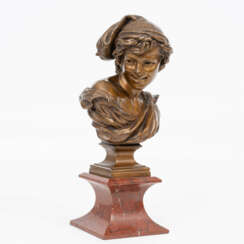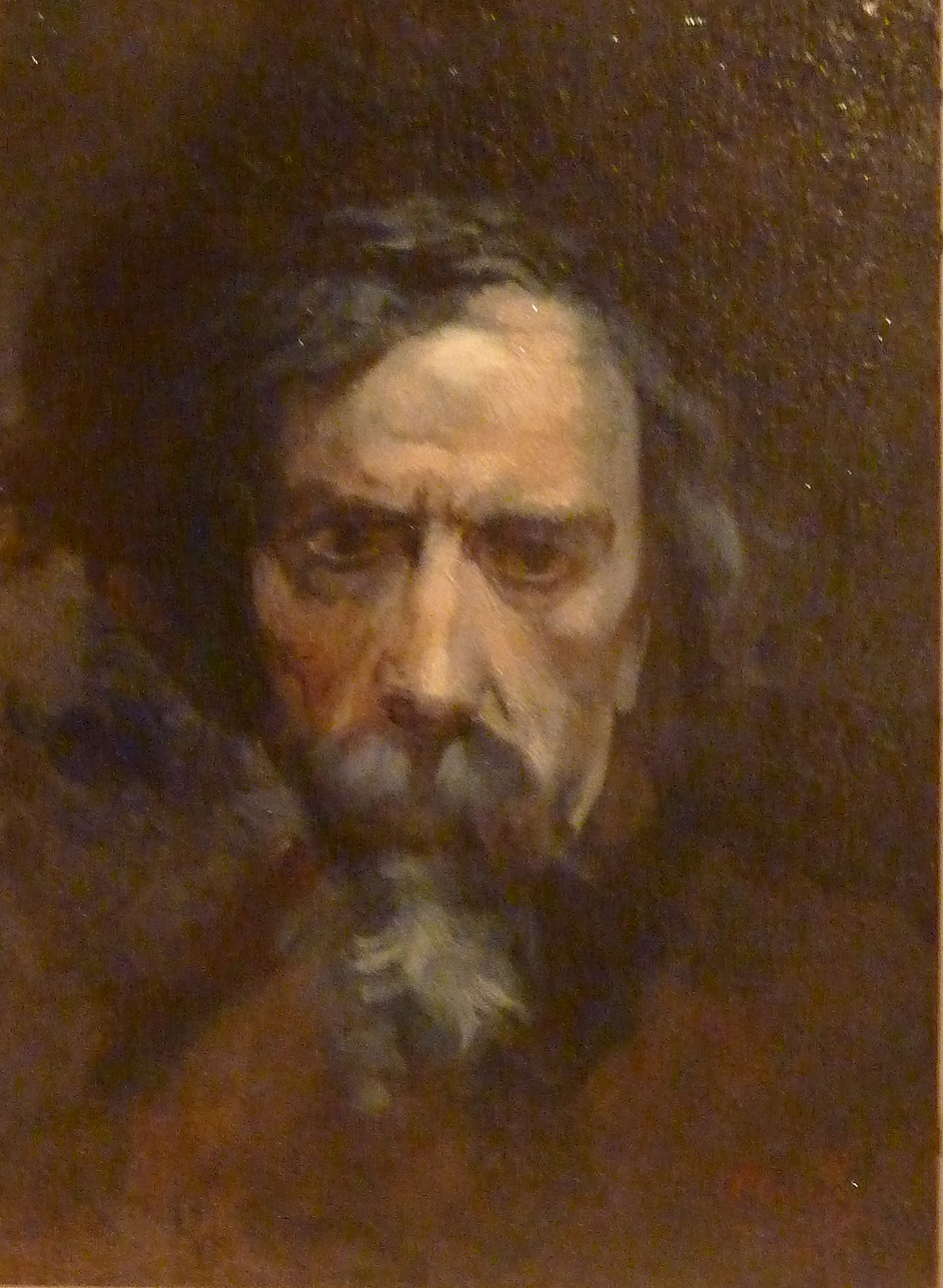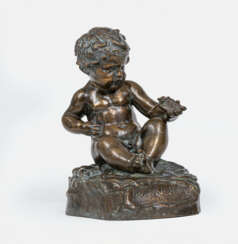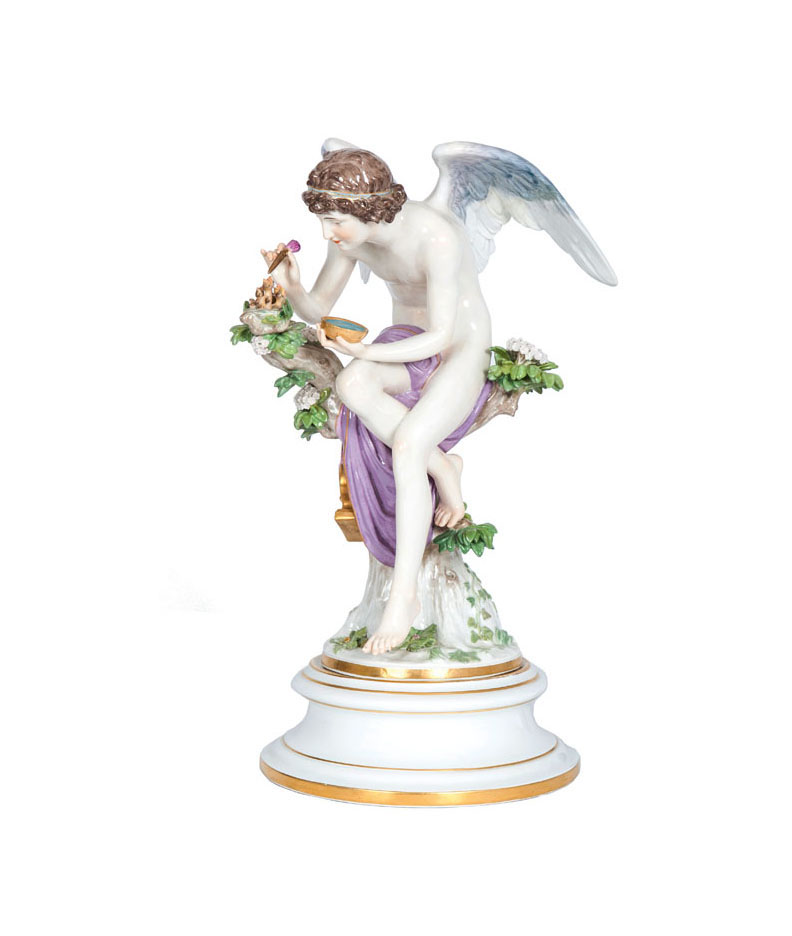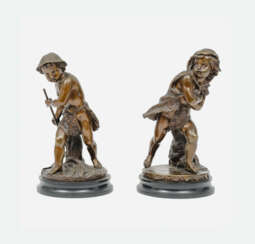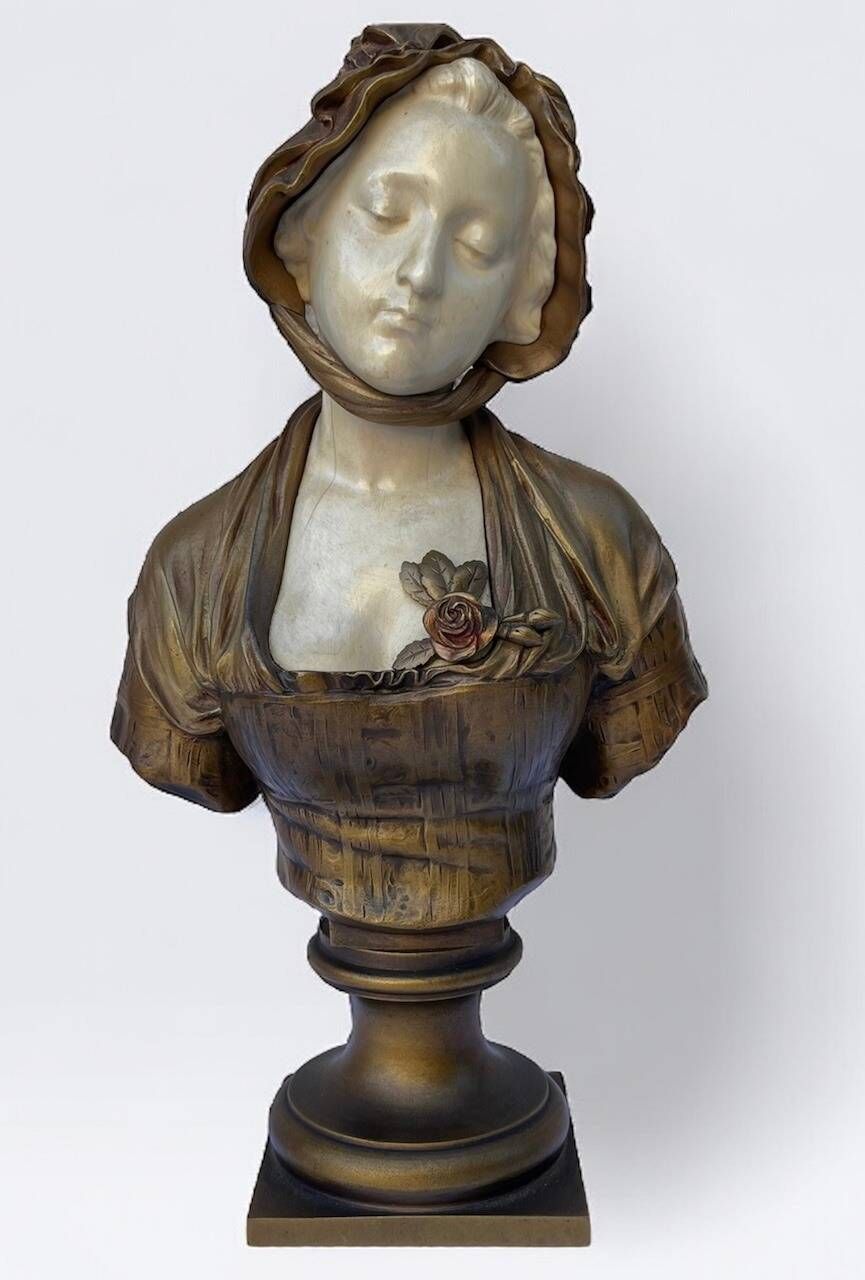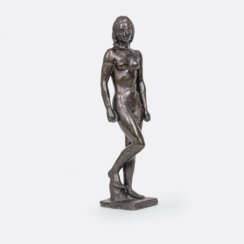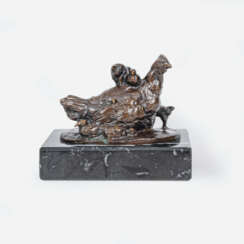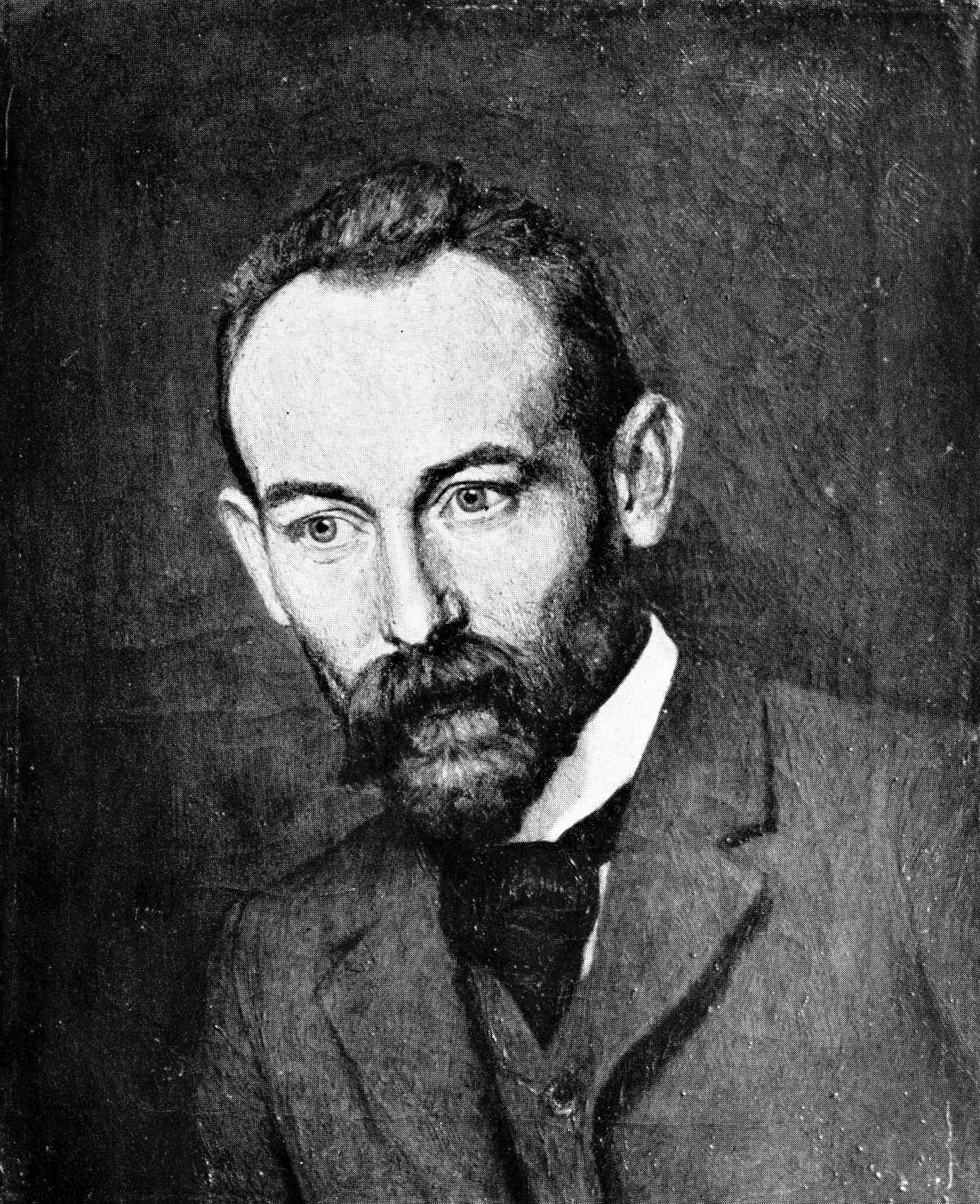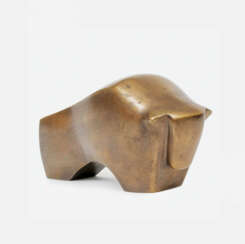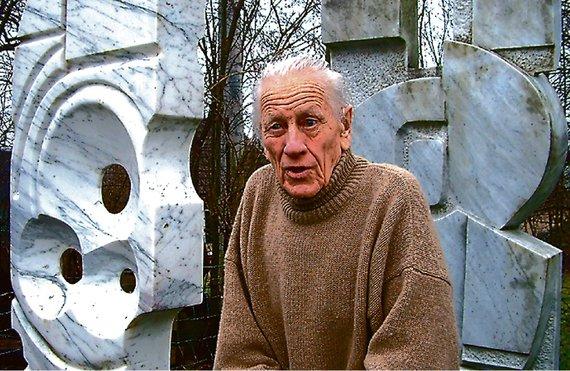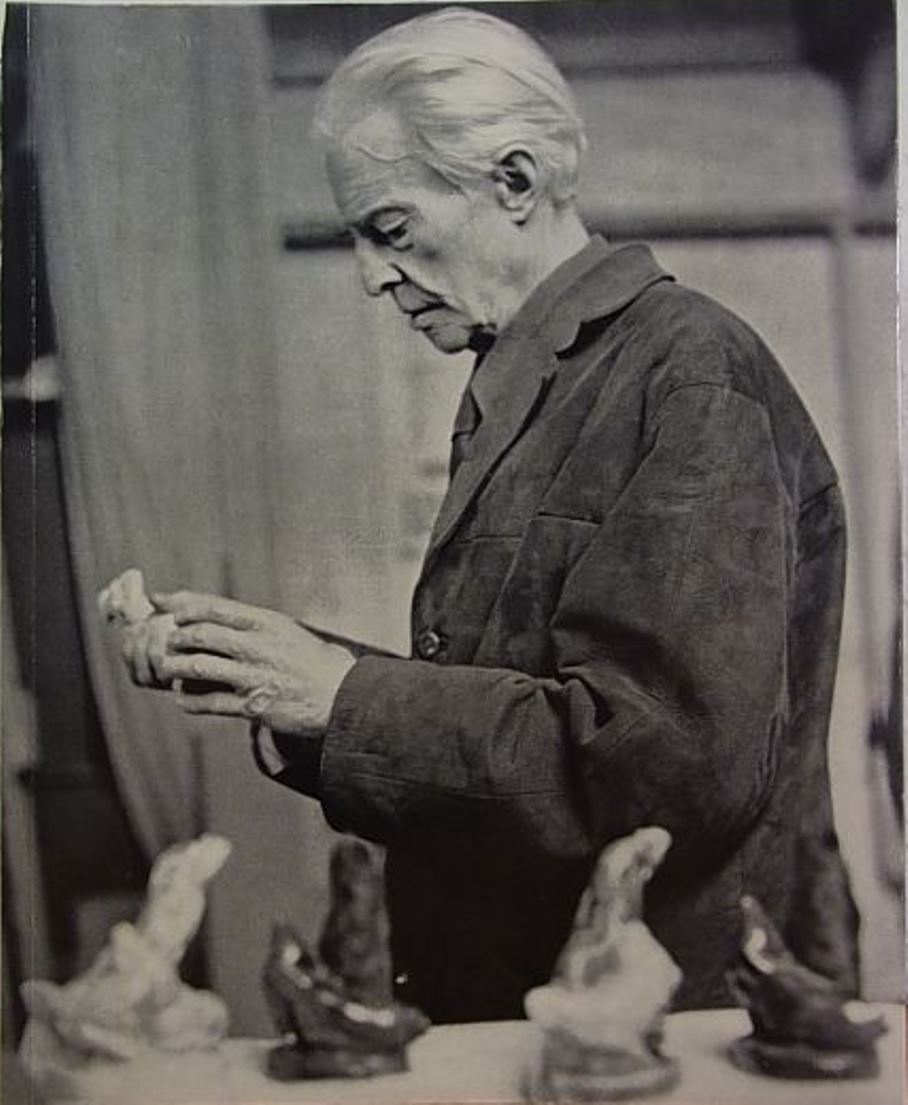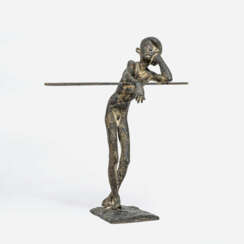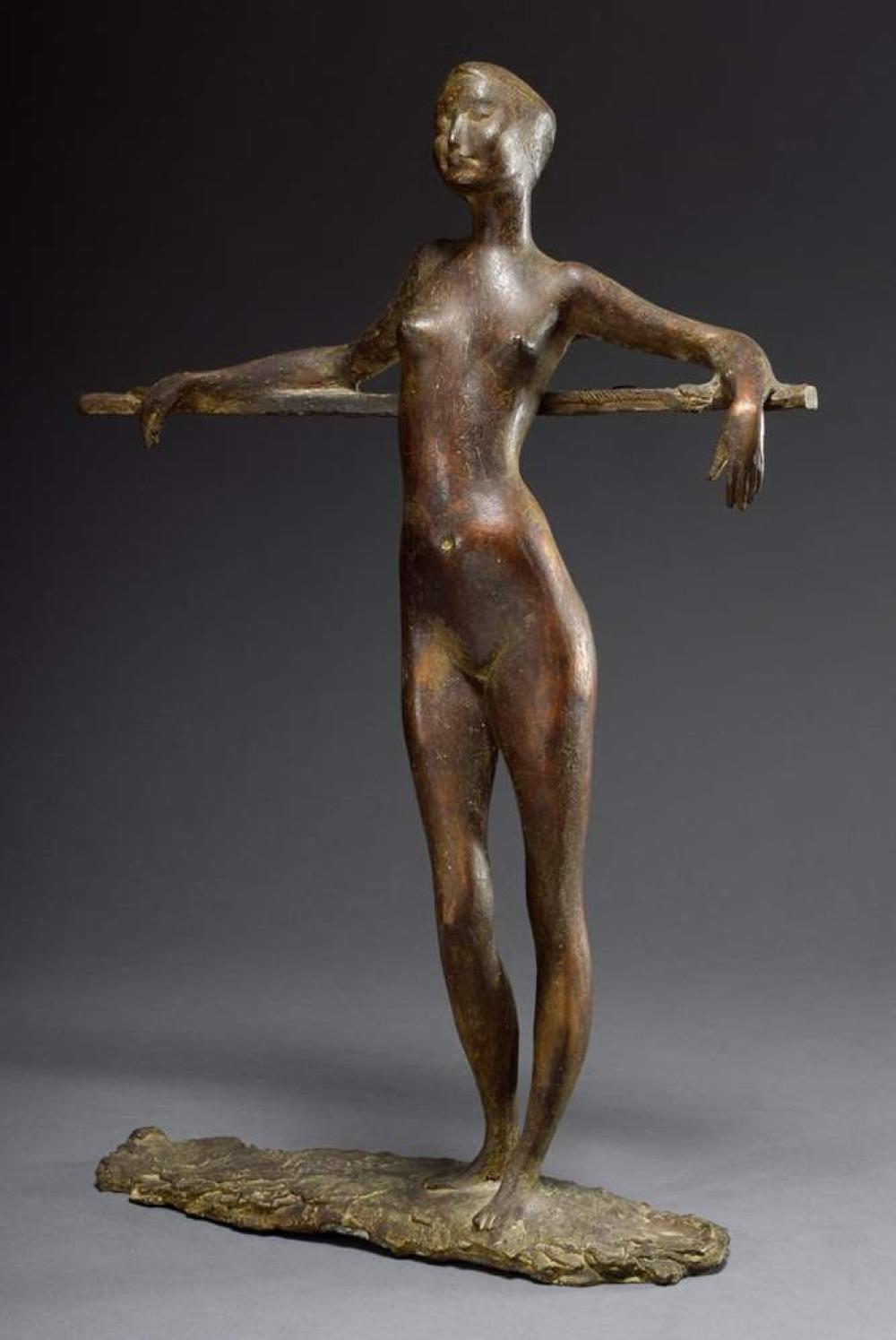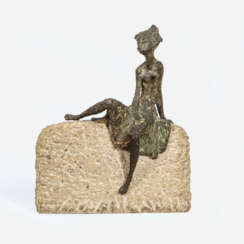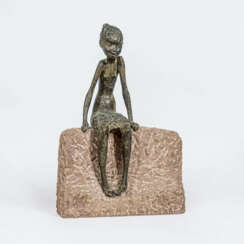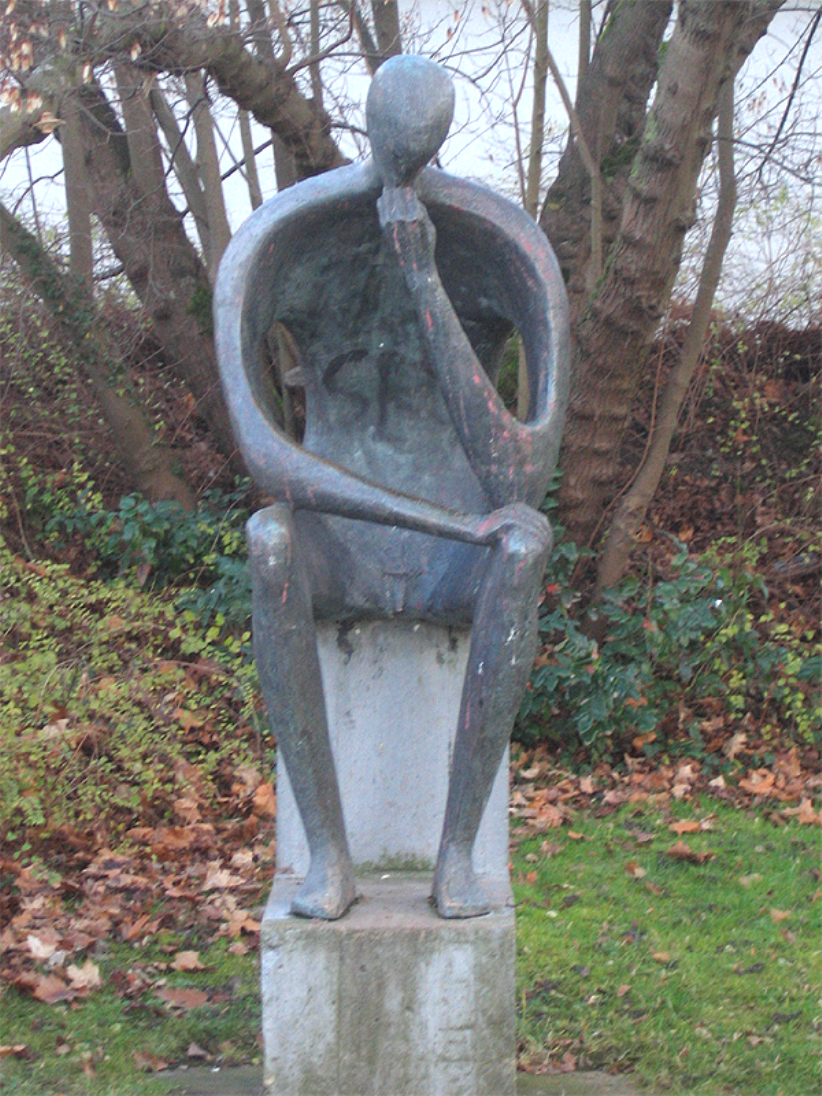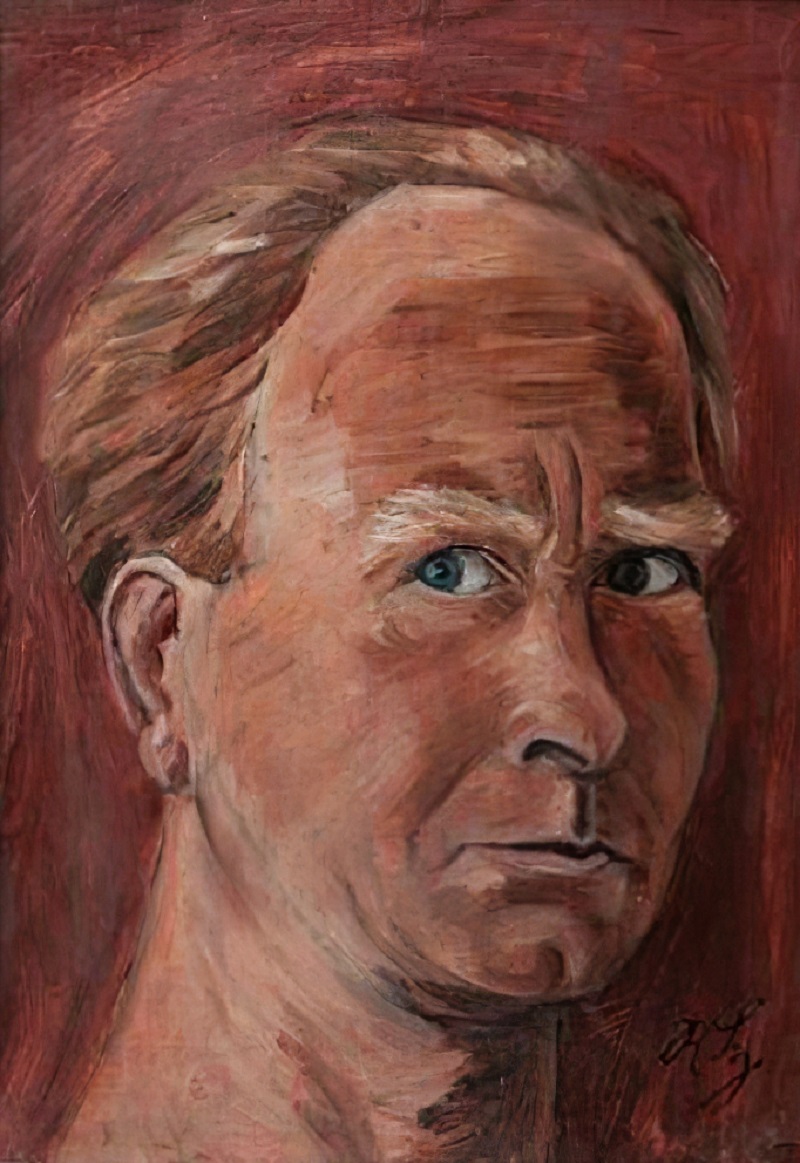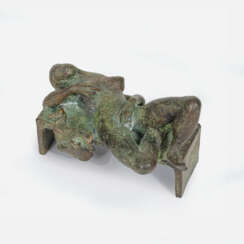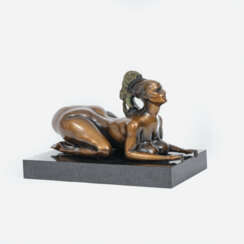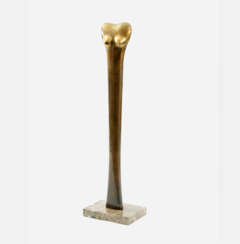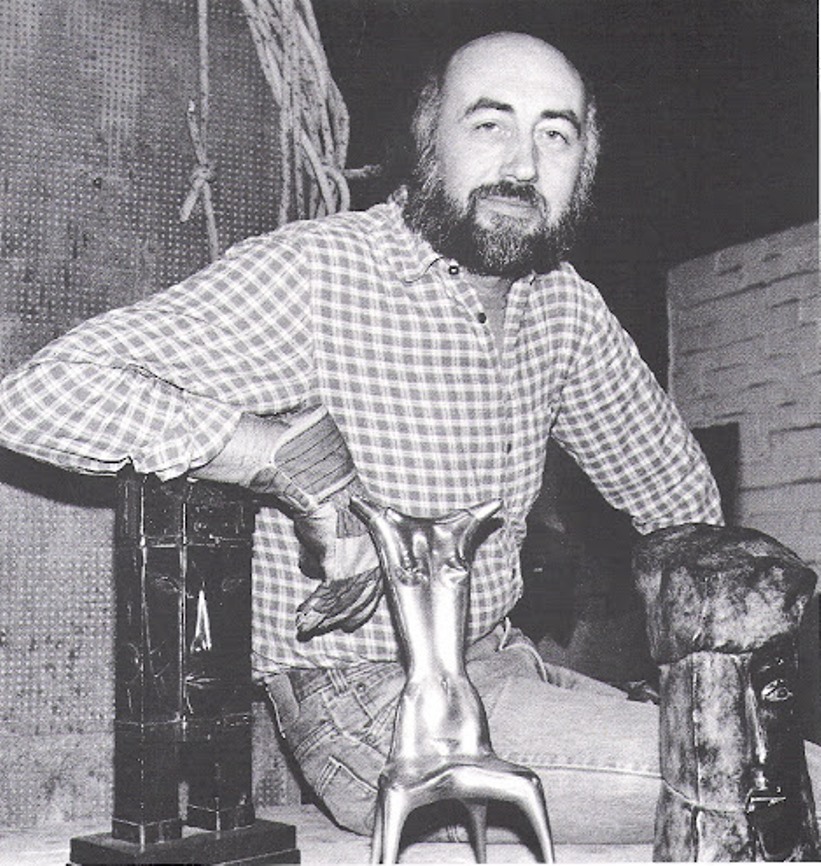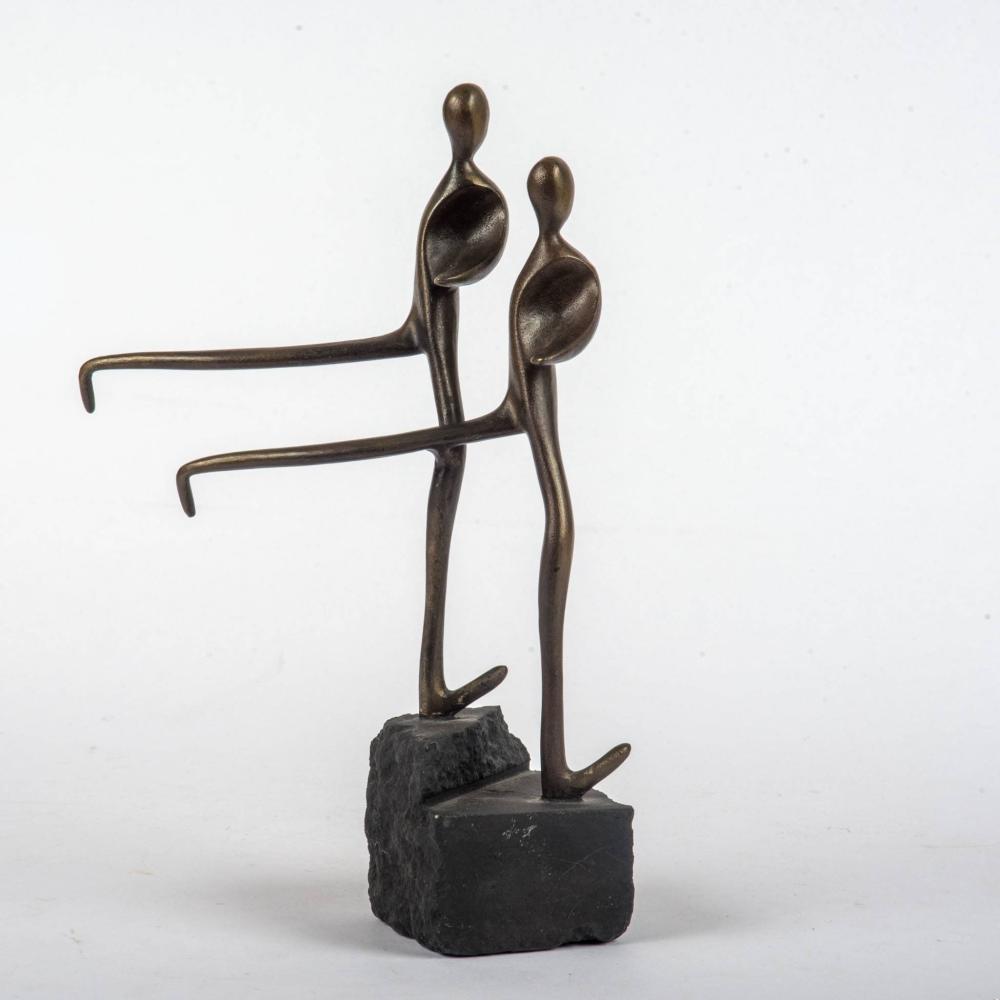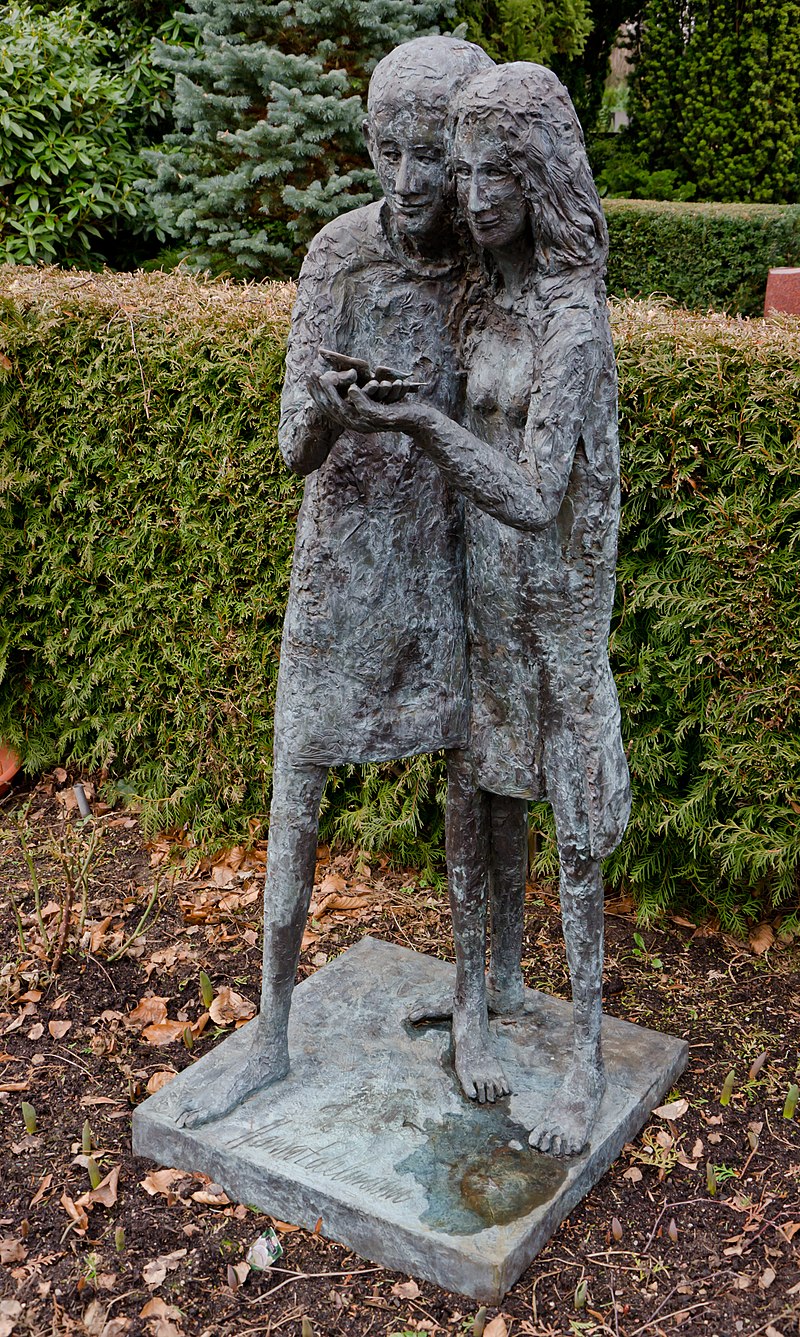
Sculptures and Bronzes — Moderne und Alte Kunst
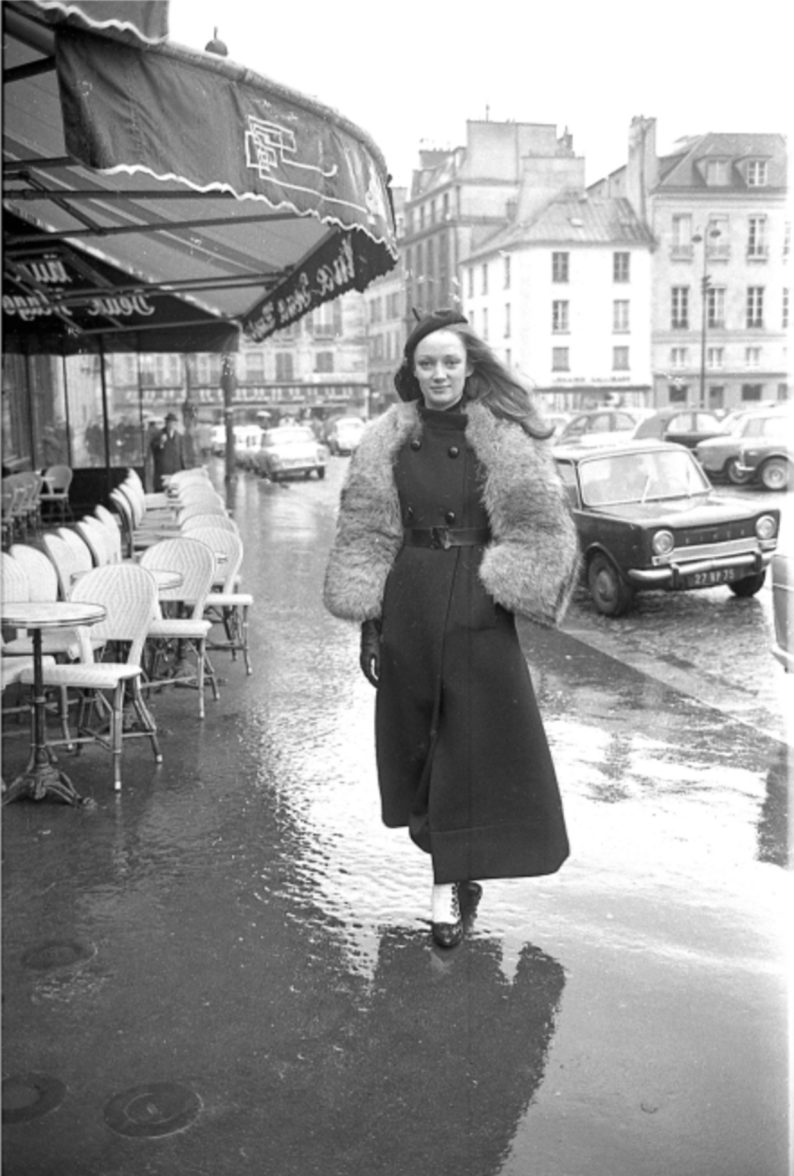
Niki de Saint Phalle was a French-American sculptor, painter, filmmaker, and author of colorful hand-illustrated books. Widely noted as one of the few female monumental sculptors, Saint Phalle was also known for her social commitment and work.
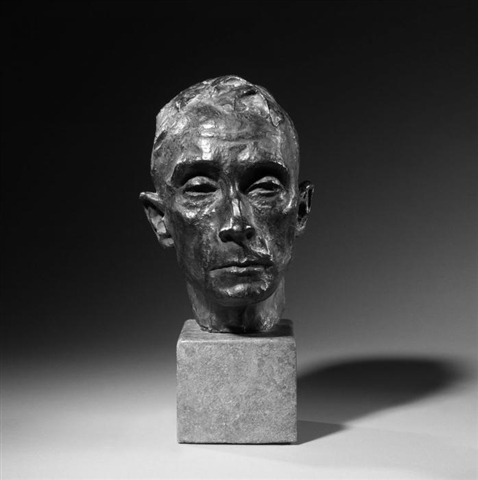
Richard Scheibe was a German artist primarily remembered as a sculptor. He trained as a painter, and taught himself to sculpt beginning in 1906. From 1925-1933 he taught at the Städelsches Kunstinstitut in Frankfurt am Main. He was dismissed from teaching when the Nazis seized power but was reinstated in 1934. He received various recognitions during the Third Reich, including the Goethe-Medaille für Kunst und Wissenschaft and placement on the Gottbegnadeten list. After World War II he continued to sculpt, including a figurative piece for the Memorial to the German Resistance. His work was also part of the sculpture event in the art competition at the 1928 Summer Olympics.
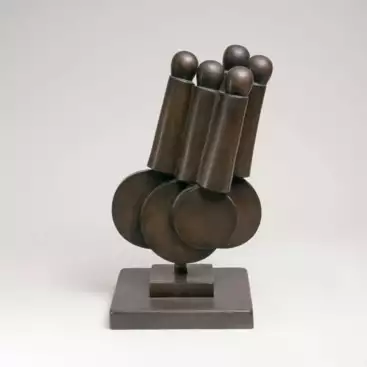
Georg Engst was a German sculptor.
Engst preferred to work in wood, stone and bronze, but also in aluminium, concrete and glass. Much of his artistic work from the mid-1950s onwards is abstract-geometric in character, initially in the form of inlaid panels and inlaid walls made of wood, for example for a commission for the conference room of the Regional Church Office in Hanover in 1957.
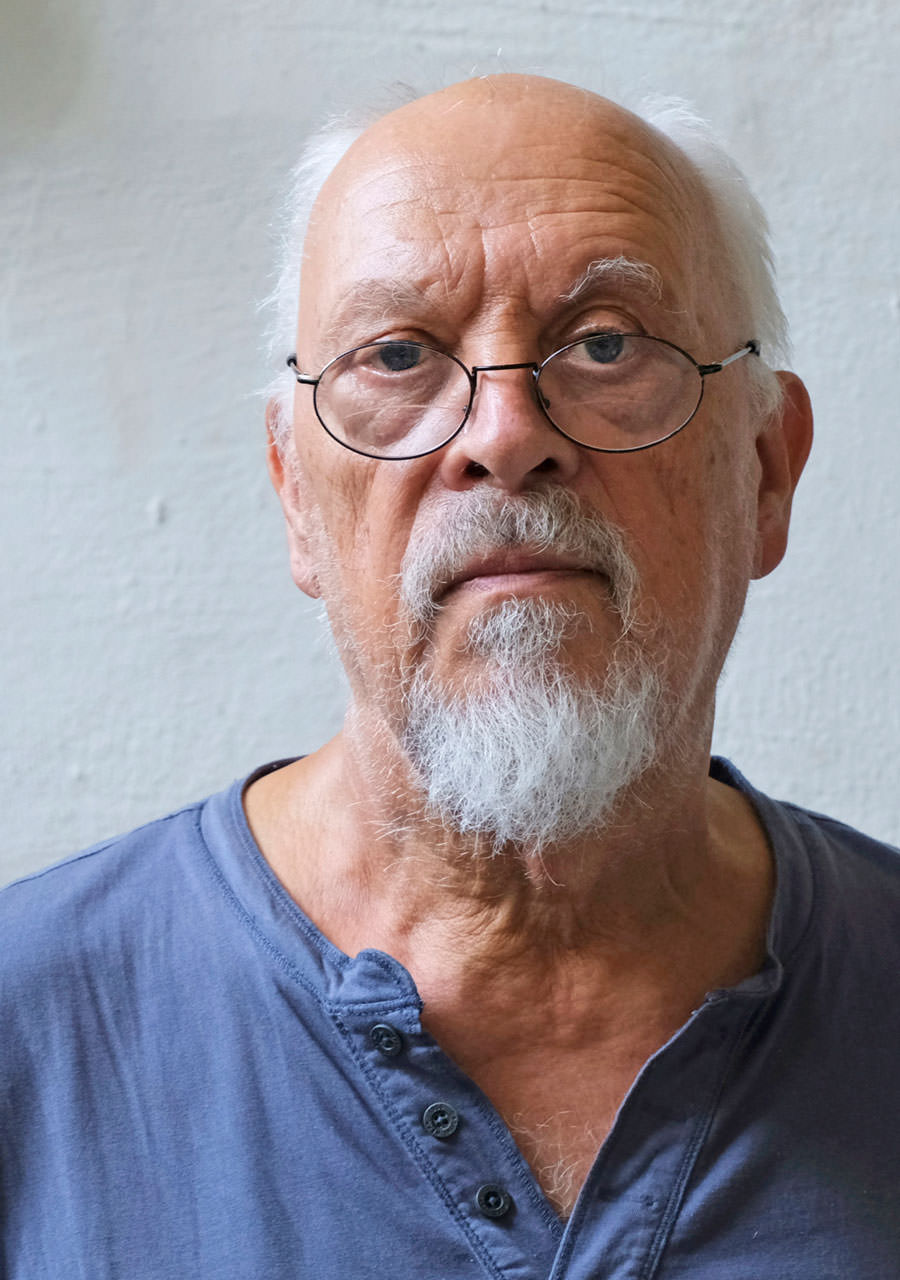
Karl Ulrich Nuss is a German artist and sculptor who creates large-scale bronze compositions.
His father was the sculptor Fritz Nuss (1907-1999), Karl Ulrich Nuss continued his work and developed an unmistakable design style that characterizes all his sculptures. They depict single people, couples, families, as well as new fantastical creations from the animal kingdom. These works can be seen in public spaces in Bochum, Frankfurt/Main and Stuttgart.
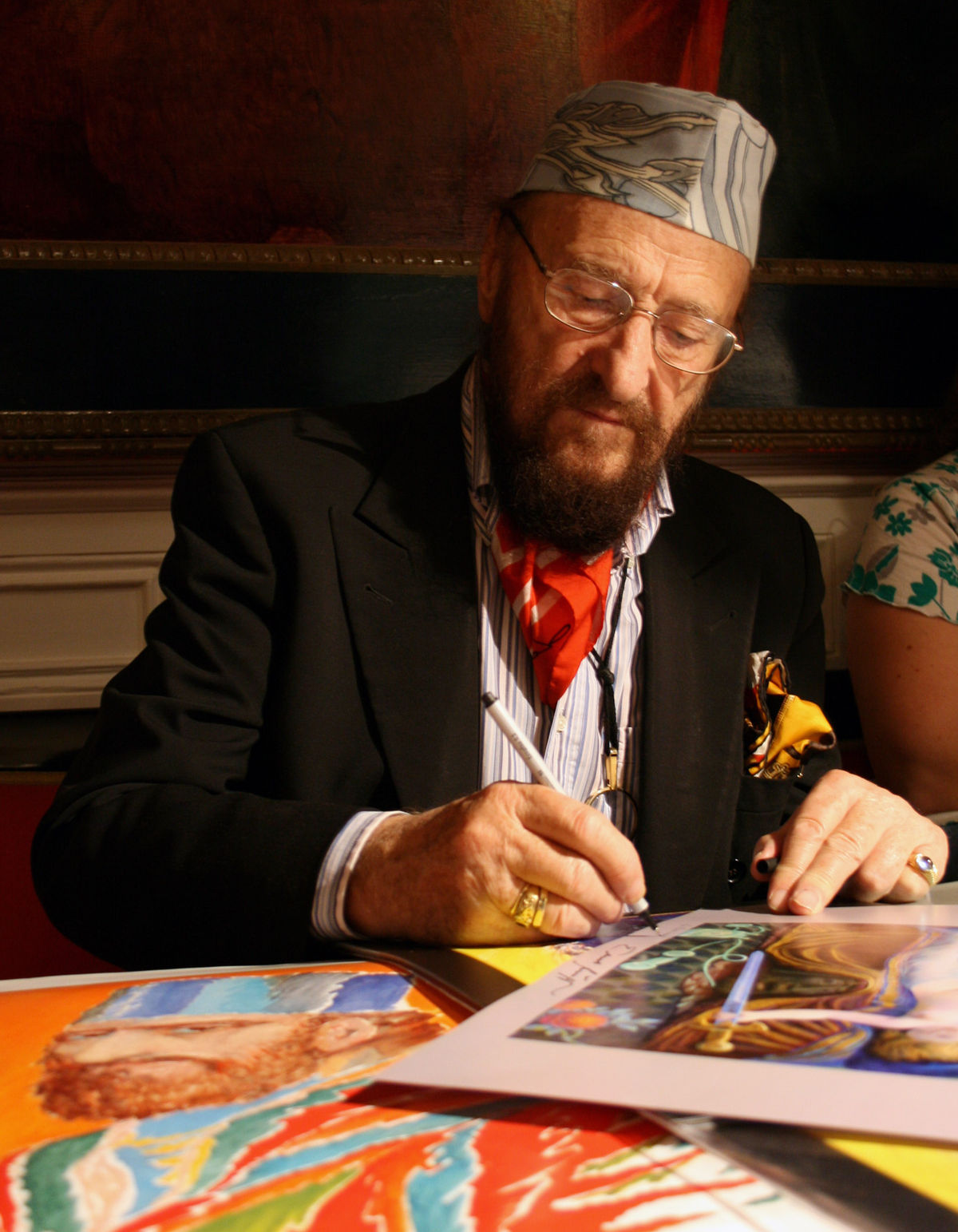
Ernst Fuchs was an Austrian painter, draftsman, printmaker, sculptor, architect, stage designer, composer, poet, and one of the founders of the Vienna School of Fantastic Realism. In 1972, he acquired the derelict Otto Wagner Villa in Hütteldorf, which he restored and transformed. The villa was inaugurated as the Ernst Fuchs Museum in 1988.




